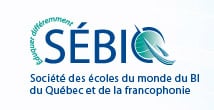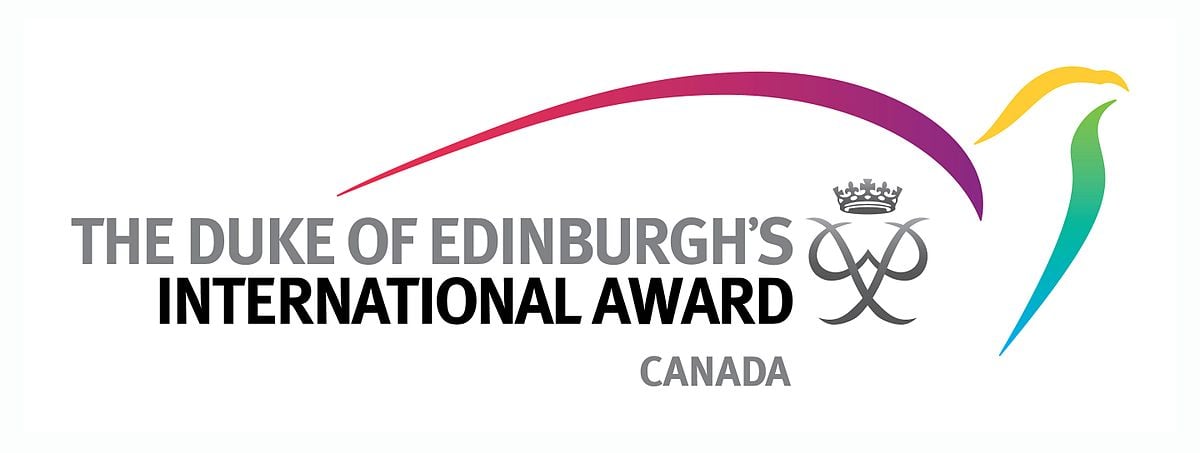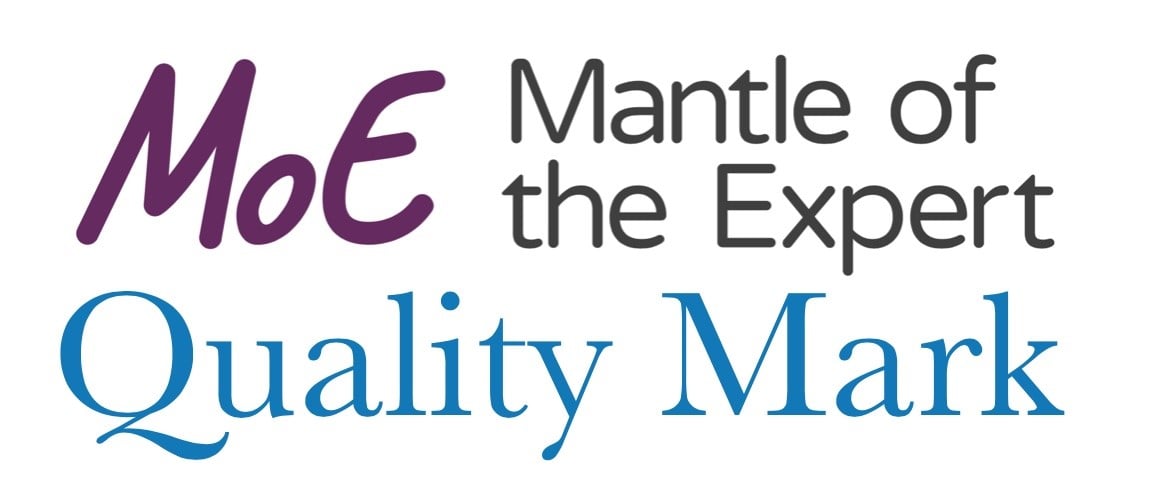“Come, join me for a stroll through the Haut-Lac grounds.”
“Errr, why? Last I checked, school playgrounds don’t make the best walking routes.”
“Yea, normally, but the Haut-Lac gardens are different. If you can tear yourself away from its breathtaking views of Lake Geneva, you will find them to be an ecological learning haven.”
How so?
Well, since signing up to join the Eco-Schools programme in September 2020, the school has taken its commitment to the forming of responsible, global eco-citizens to the next level.
What is the Eco-Schools programme?
Run by the Foundation for Environmental Education (FEE) and recognised by both UNESCO and UNEP, it is the largest international programme in education for sustainable development (ESD).
It is based on a love of nature and an understanding of how we can work together to protect the planet and build a more sustainable world. A goal also shared by an increasing number of staff and students at Haut-Lac International Bilingual School.
And one of the reasons the school embarked on the 7-step Eco-Schools accreditation journey in collaboration with a branch of the Swiss FFE representative, J’aime ma planète, in Vevey.
.png?width=284&name=Sans%20titre%20(32).png)
How’s the journey going?
Well, we are currently somewhere between step 4 and 5. In other words, implementing our Action Plan.
But before that, we had to establish a whole-school Eco-Committee to steer us in the right direction. That didn’t take long though, as we already had an active Environmental Committee in Secondary and determined, young Eco-Leaders in Primary.
Each group then surveyed their section of the school community to find out what we know and are already doing with regards to “biodiversity”, our chosen topic of study for the year. Feel free to check out the main results here and here.
And that brings us to where we are now: raising awareness about and increasing engagement with biodiversity at school, at home and in the local area.
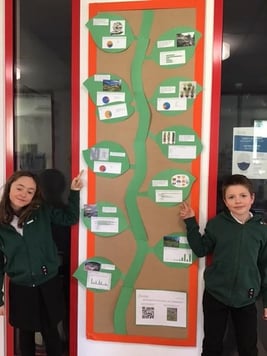
How exactly?
By continuing with and developing the school’s already well-established eco-initiatives, such as outdoor lessons in and around campus, the Meat-Free Day in Secondary, the Infant, Primary and Secondary Gardening Clubs, and our annual Earth Day activities.
But also by encouraging the study of biodiversity in all areas of the curriculum. So far the students have learnt more on biodiversity in science, written Haikus and other poems in English, presented eco-themed Cap’Ten projects and Passion Fair projects in P5 and MYP4 respectively, and are recycling materials into animal sculptures in Art. That is just the tip of the iceberg though, we can’t wait to see what other exciting eco-lessons the teachers have planned.
Secondary students have also been working hard to entice wildlife back onto campus by adding to Haut-Lac’s existing outdoor learning spaces, namely the school garden and biotope. Homemade bird and bat feeders can now be seen dotted around campus, and a real wildflower meadow is in progress at Roches Grises.
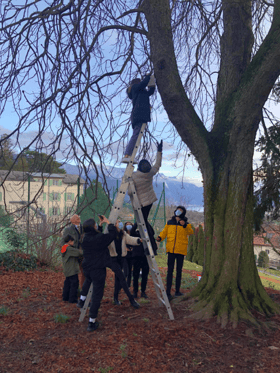
“Wow! You have been busy!”
“Tell me about it! And we haven’t finished yet. With a biodiversity-themed Geography Day coming up in Primary in May, display boards and outdoor information panels to set up, and meditation zones to plan, it’ll definitely be all hands on deck over the next few months.”
“You know what? I think I may just take you up on your offer of a stroll through the Haut-Lac gardens, even if just to see the difference on my next visit when you’re a fully-fledged Eco-School.”
“Great, let’s go. You’ll also have to remember to regularly check our social media profiles to see how we’re getting on.”
Emma Dowou


.png)

